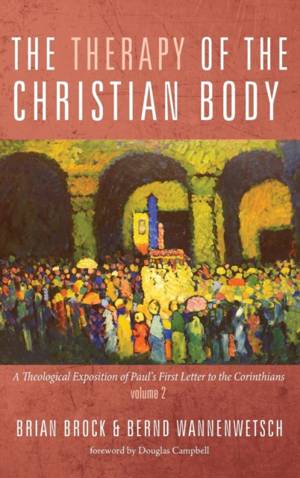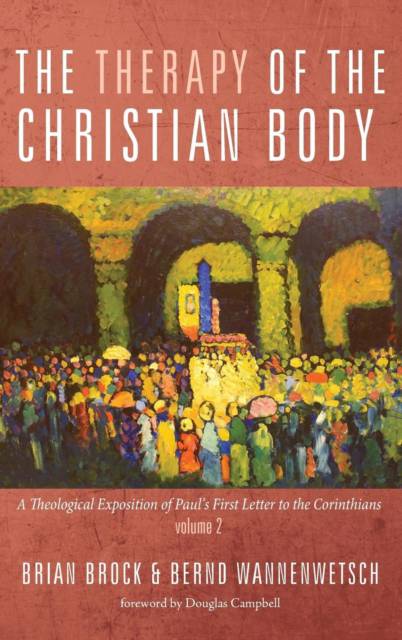
En raison d'une grêve chez bpost, votre commande pourrait être retardée. Vous avez besoin d’un livre rapidement ? Nos magasins vous accueillent à bras ouverts !
- Retrait gratuit dans votre magasin Club
- 7.000.000 titres dans notre catalogue
- Payer en toute sécurité
- Toujours un magasin près de chez vous
En raison de la grêve chez bpost, votre commande pourrait être retardée. Vous avez besoin d’un livre rapidement ? Nos magasins vous accueillent à bras ouverts !
- Retrait gratuit dans votre magasin Club
- 7.000.0000 titres dans notre catalogue
- Payer en toute sécurité
- Toujours un magasin près de chez vous
79,45 €
+ 158 points
Format
Description
The troubles and ills of the church today can only be understood and healed when Christians begin to face up to their hidden alliances with the Corinthians of the first century and embrace both the Apostle's diagnosis and therapy offered in the epistle. This is the challenge of The Malady and Therapy of the Christian Body, a two-volume commentary by two leading theologians that presents the fruits of a reading strategy that deliberately reflects ecclesial commitment by ""reading the Apostle over against ourselves."" Sharing their discoveries about the way Paul deals with questions of factionalism, sexuality, legal conflict, idolatry, dress codes, and eating habits, Brock and Wannenwetsch demonstrate how neither the malady nor the therapy that Paul describes conforms to dominant analyses of the malaise of the contemporary church, which tend to be as ""organ centered"" as modern medicine. The authors describe the way the Apostle engages in ""feeling-into"" the organic whole of the body in order to detect blockages to the healthy flow of powers by redirecting their vision to how God is working among them toward the ""building up"" of the Christian body. The book breaks new ground in crossing the traditional disciplinary boundaries between biblical studies, systematic theology, and theological ethics.
Spécifications
Parties prenantes
- Auteur(s) :
- Editeur:
Contenu
- Nombre de pages :
- 296
- Langue:
- Anglais
Caractéristiques
- EAN:
- 9781498233545
- Date de parution :
- 27-09-18
- Format:
- Livre relié
- Format numérique:
- Genaaid
- Dimensions :
- 152 mm x 229 mm
- Poids :
- 603 g

Les avis
Nous publions uniquement les avis qui respectent les conditions requises. Consultez nos conditions pour les avis.






